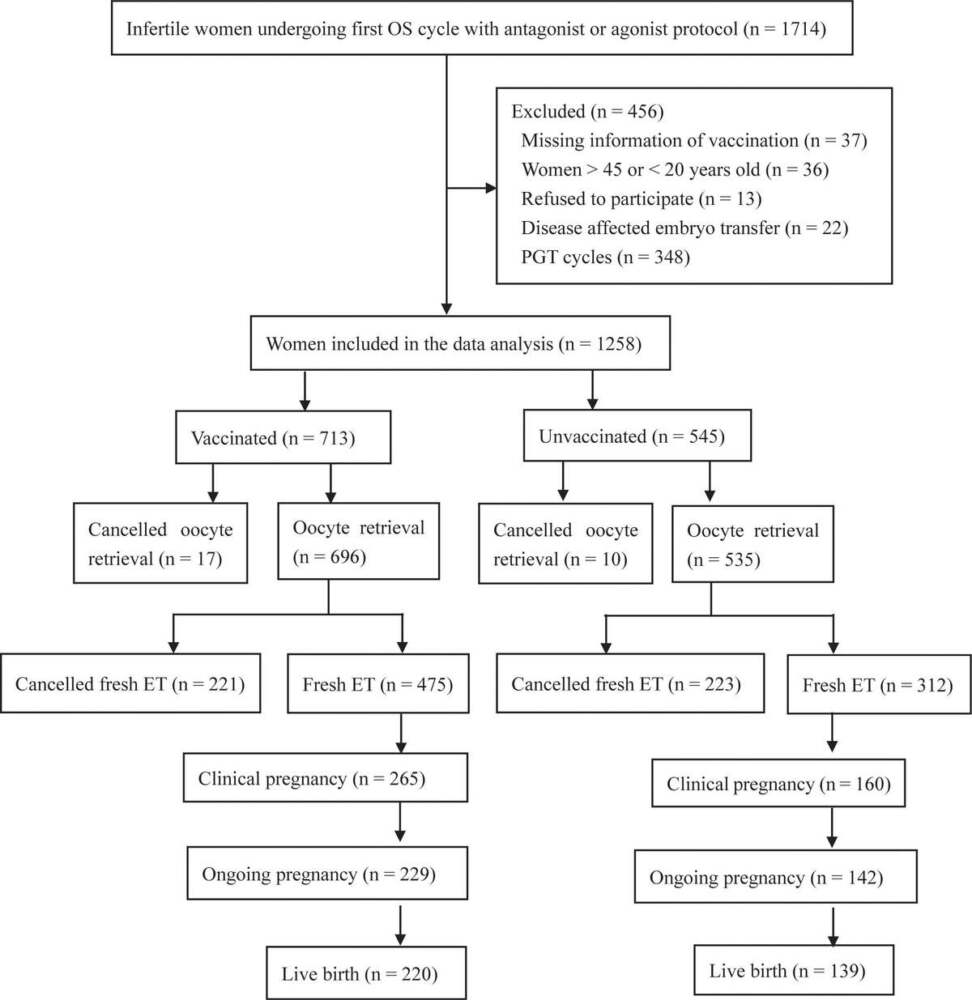The debate over COVID-19 vaccination for children has reentered the spotlight in recent months as health agencies, parents, and policy makers grapple with complex questions of safety, trust, and public health. From controversies stirred by public figures to data on long-term immunity — the issues have become deeply personal and politically charged. For families, the question remains: Should my child get vaccinated, and what are the implications?
The Current Landscape: Vaccines, Variants, and Protection Gaps
While many adult populations have reached high vaccination rates, pediatric vaccination lags behind. The reasons are multifaceted:
- Perceived lower risk: Children generally experience milder COVID infections, which leads many parents to question whether vaccine risks outweigh potential benefits.
- Fading immunity and variant escape: Just as boosters have become advisable for adults to counter new variants, concerns arise about how long protection will last in children.
- Policy inconsistency: Different nations and even regions within a country adopt varying guidelines for pediatric vaccination. Some governments strongly recommend it, while others—citing risk–benefit uncertainty—stop short of mandates.
Against that backdrop, new voices have amplified skepticism — including claims about unknown long-term side effects, distrust of pharmaceutical companies, and vaccine mandates as overreach.
Parental Concerns and Trust Issues
Many parents cite the following as major sticking points:
- Safety and side effect anxiety
Though large trials have shown that serious adverse events in vaccinated children are rare, reports of myocarditis (inflammation of the heart muscle) and other conditions — even if extremely uncommon — intensify fear among parents. For many, the idea of exposing a healthy child to even a small risk is hard to accept. - Lack of long-term data
Vaccines have only existed for a few years. Parents note that we simply do not yet have data on vaccination outcomes many years down the line in children who receive repeated boosters over a lifetime. - Changing guidelines erode confidence
As health agencies update recommendations — e.g. altering booster timing or adjusting doses — some parents interpret these shifts as evidence that scientists don’t really know what they are doing, rather than as adjustments to new data. - Misinformation and influential voices
Public figures critical of vaccines, or promoting alternative health narratives, add to parental confusion. When such voices appeal to parental concern over autonomy and child welfare, the debate shades into ideological territory rather than purely medical. - Ethics, mandates, and consent
Vaccine mandates in school or childcare settings spark pushback from families who argue that children should not be compelled into medical interventions. The balance between collective safety and individual rights is deeply contentious.
Weighing Risks and Benefits for Children
In deciding whether to vaccinate a child, parents must balance the known and potential:
Benefits:
- Protection from severe disease: Though rare in children, severe COVID, multisystem inflammatory syndrome (MIS-C), and long COVID do occur.
- Reducing transmission: Vaccinated children may help reduce viral spread in classrooms and households — though this benefit is diminished as breakthrough infections occur.
- Avoiding disruptions: Fewer infections helps minimize quarantines, school closures, and missed learning time.
Risks:
- Rare adverse events: Small but real risks of myocarditis or other reactions remain a major concern.
- Unknowns in long-term outcomes: Effects of repeated immune stimulation over years are not fully studied in young age groups.
- Effectiveness waning: If vaccine-induced immunity fades quickly, the benefit window may be short, requiring frequent boosters.
Medical experts generally conclude that for children with certain health vulnerabilities (e.g. chronic illness, immunocompromise), vaccination delivers a favorable risk–benefit equation. For healthy children, the calculus is more nuanced, making parental values and local epidemiology key factors.
Public Figures, Policy, and Communication
The role of public discourse cannot be overstated. When prominent critics of vaccination — such as anti-vaccine advocates or celebrity figures — gain attention, they can sway undecided parents. They often frame the issue as one of freedom, bodily autonomy, and skepticism of institutional authority, which resonates strongly with those already cautious.
Policy makers in turn must walk a delicate line: promoting vaccination and public health without appearing coercive or dismissive of parental concerns. Clear, transparent communication is essential:
- Explaining why recommendations change, and that updating guidance is a sign of science adapting, not uncertainty.
- Sharing real-world pediatric safety monitoring data openly to build trust.
- Recognizing parental fears and offering personalized discussions with pediatricians rather than one-size-fits-all messaging.
Mandates and school requirements remain among the most contentious policies. In some areas, vaccination is required for school entry; in others, it is voluntary. How governments handle exemptions, parental opt-outs, and enforcement dramatically influences how the policy is perceived — either as supportive or punitive.
Path Forward: Evidence, Empathy, and Adaptive Strategy
To bridge the divide, several approaches could help:
- Continued robust surveillance: Collecting long-term data on vaccinated children — benefits, side effects, immunity durability — is vital.
- Booster trials and variant updates: Testing pediatric booster strategies tailored to emerging variants helps keep protection relevant.
- Stratified policy: Age-based, health-based, and risk-based recommendations can tailor guidance rather than mandating universal rules.
- Parent-centered outreach: Forums, town halls, one-on-one clinic conversations where concerns are heard can counter the “us vs. them” framing.
- Global equity and perspective: Many countries still struggle to access first doses — balancing global justice with domestic policy is part of the conversation.
Conclusion
The debate around COVID vaccination for children is not a purely scientific question; it is a deeply human one. Parents balance fear and hope, data and trust, community welfare and child autonomy. In an era when health, politics, and public rhetoric are intertwined, the challenge is to navigate complexity with humility and clarity.
Vaccinating children offers protection and a path to resilience — but doing so in a way that respects parental agency, acknowledges limits of knowledge, and builds trust may turn out to be as important as the medicine itself.















Leave a Reply